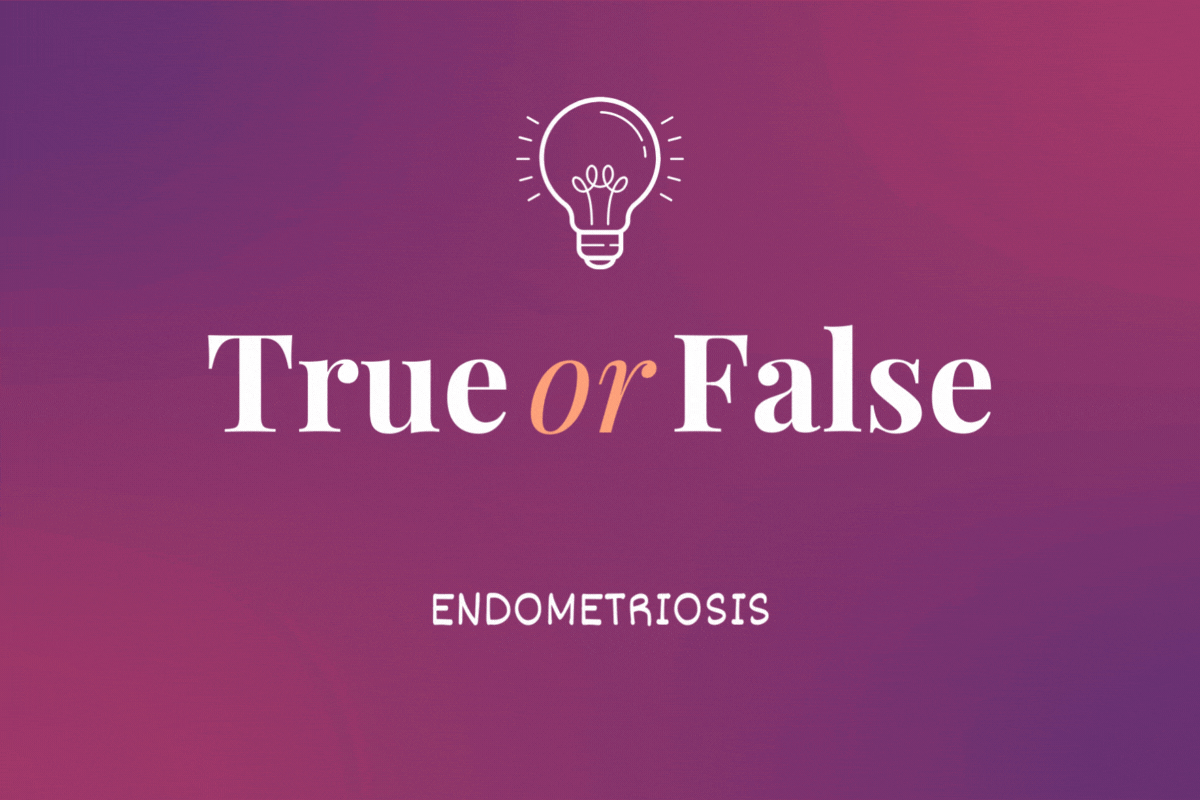Simple Prebiotic Supplementation Improves Cognition in Older Individuals
A recent study revealed that incorporating a prebiotic supplement into the diet of older individuals led to notable improvements in cognitive function. Despite being a relatively mild intervention in terms of duration and impact, the prebiotic strategy yielded positive results in cognitive performance, though no differences were observed in physical capabilities. This contrasts with more drastic interventions, such as fecal transplants or immunization, which induce broader and longer-lasting changes in the gut microbiome. The findings highlight the potential of simple gut microbiome interventions to enhance cognition in the aging population. The study also showcases the feasibility of conducting remote trials for older individuals, facilitating their inclusion in research efforts.
Research suggests that modifications in gut microbiota could influence both muscle function and cognitive abilities in older individuals. To investigate this further, a placebo-controlled, double-blinded randomized trial was conducted on 36 pairs of twins (totaling 72 individuals) aged 60 or older. Each pair was randomly assigned to receive either a placebo or a prebiotic supplement daily for 12 weeks, in addition to prescribed resistance exercise and branched-chain amino acid (BCAA) supplementation. The study measured outcomes related to physical function and cognition through remote means, including video visits, online questionnaires, and cognitive testing. The prebiotic supplement was well-tolerated and led to changes in the gut microbiome, such as increased abundance of Bifidobacterium. While no significant differences were observed in chair rise time between the prebiotic and placebo groups, cognitive function showed improvement with the prebiotic supplement. The results suggest that affordable and easily accessible interventions targeting the gut microbiome may have a positive impact on cognition in older adults, providing valuable insights for future research and clinical trials focused on this demographic.





